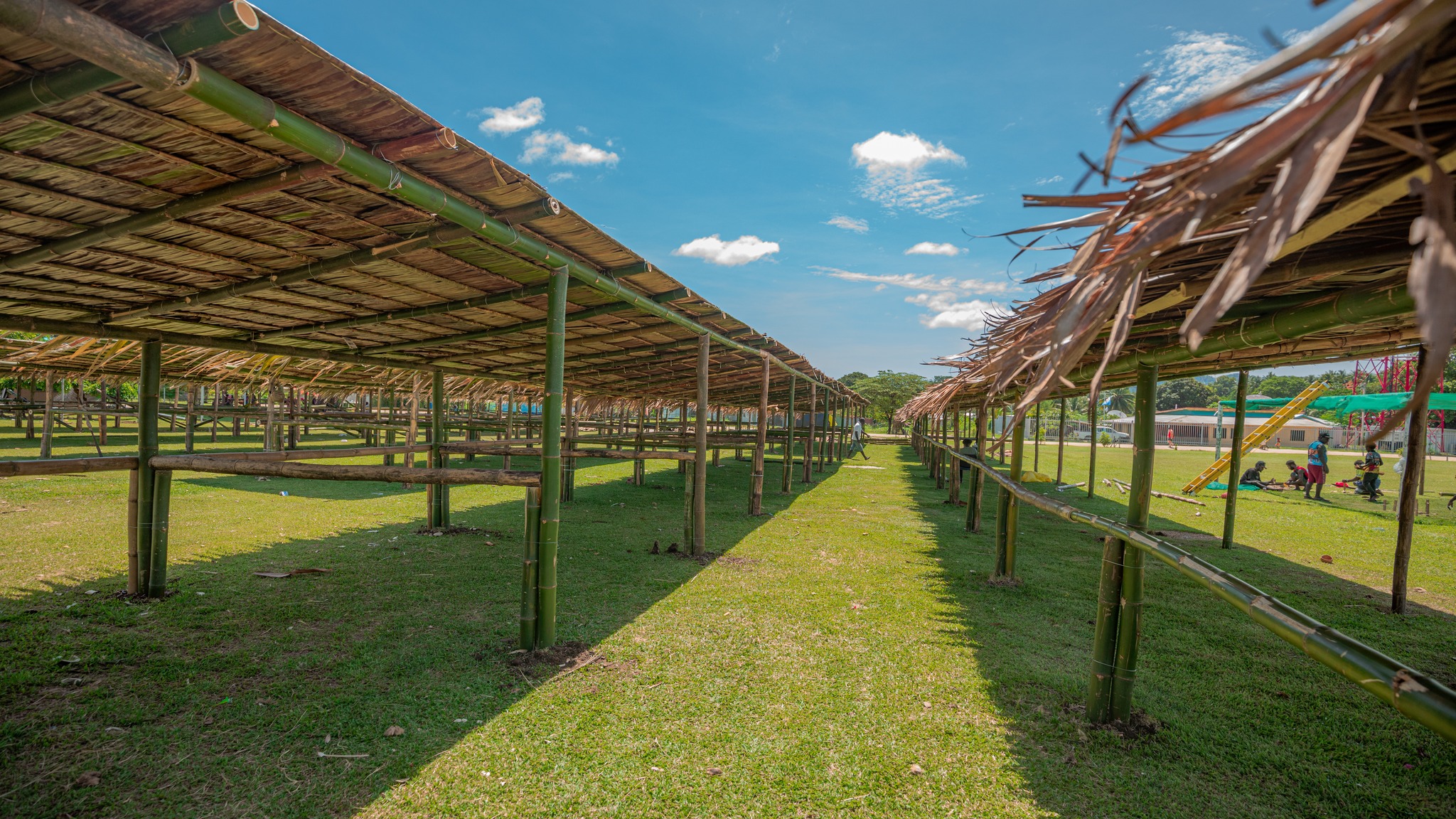Two Papua New Guinean sign language interpreters have achieved formal certification at the recent 2025 World Association of Sign Language Interpreters Oceania Conference, marking a major step forward for inclusive access to justice for Deaf communities across the nation.
The newly certified interpreters, Ms. Anna Thomas and Ms. Francisca Sam, both from PNG’s Department for Community Development and Religion (DfCDR), were part of the first-ever graduation of regional sign language trainees.
This certification formally recognizes the vital role of sign language in PNG's justice system and expands access to essential legal and public services.
For deaf Papua New Guineans, trained interpreters are crucial in ensuring the right to justice is a reality.
They facilitate communication in police stations, courtrooms, and correctional facilities, helping Deaf individuals understand legal processes, participate meaningfully, and advocate for themselves.
The certification is a significant milestone for disability inclusion, especially since sign language is now recognized as Papua New Guinea’s fourth official language.
Anna Thomas, a Sign Language Coordinator at DfCDR, emphasized the broader impact of the achievement stating that this graduation is about recognition, empowerment and progress.
“We are building a future where deaf Papua New Guineans can access information, education, and public services in their own language.”
The certification was secured with support from the Australia-PNG Law and Justice Partnership.
In addition, the Partnership maintains that effective communication is foundational for an inclusive justice system, viewing interpreter certification as a key step to ensuring deaf citizens can engage with legal institutions with dignity, autonomy, and equal protection under the law.
Held in Fiji in late August, the conference brought together deaf leaders, interpreters, and disability advocates from across the Pacific, including representatives from PNG, Tonga, Samoa, Solomon Islands, Australia, and New Zealand.
Moving forward, the DfCDR will take the lead in implementing a National Sign Language Implementation Plan (2025–2030).
Key actions will include establishing a national registry of certified interpreters and integrating sign language training into mainstream services, particularly within justice sector institutions.
Furthermore, the Australia- PNG Law and Justice Partnership confirmed its continued commitment to strengthening inclusive access to justice by supporting initiatives that build a system that is accessible, equitable, and responsive to the needs of all citizens.






